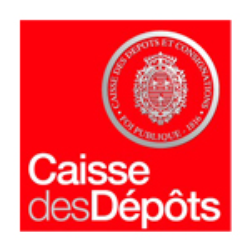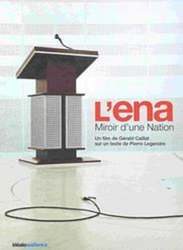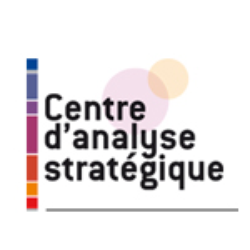The recent news
Aug. 1, 2008
Thesaurus : 02. Lois
July 9, 2008
Thesaurus : Doctrine
Référence complète : LEROYER, A.-M., Réforme de la prescription civile. Loi n°2008-561 du 17 juin 2008 portant réforme de la prescription en matière civile (JO 18 avr. 2008, p.9856), RTD Civ. 2008, p.563 et s.
June 24, 2008
Conferences

Référence : Frison-Roche, M.-A., Vision juridique de la crise des subprimes, Caisse des dépôts et consignations, 24 juin 2008.
Le droit a une grande part dans la crise en cascade des subprimes, et non pas tant par absence de droit, qui caractériserait le libéralisme nord-américain, que par excès de droit, les contraintes du crédit immobilier pousser les agents à des comportements déviants.
A cela, se sont ajoutés des incitations perverses liées au droit nord-américain des faillites, qui poussent les particuliers à prendre des risques sans limites, que ce que le droit européen entrave.
Enfin, le marché immobilier nord-américain ne connaît pas l’institution publique du notaire, ce qui expose d’autant plus les personnes et les marchés aux catastrophes.
June 24, 2008
Conferences

June 18, 2008
Thesaurus : Doctrine

Référence complète, Caillat, G. et Legendre, P., L'ena, Miroir d'une Nation, 2008.
Sur un texte de Pierre Legendre
Un film a été fait en 2008.
Il fait partie des trois DVD qui constitue en 2016 le coffret intitulé Le cinéma de Pierre Legendre.
June 16, 2008
Conferences

Référence complète : FRISON-ROCHE, Marie-Anne, "Droit et régulation des questions énergétiques et gazières", Groupe Stoffaes, Centre d’analyse stratégique, 16 juin 2008.

June 10, 2008
Thematic Cvs : II. Participation à des groupes de travail
Participation au groupe de travail du Groupe d’analyse stratégique, présidé par Christian Stoffaës, sur La stratégie géopolitique de l’industrie gazière, en 2008.